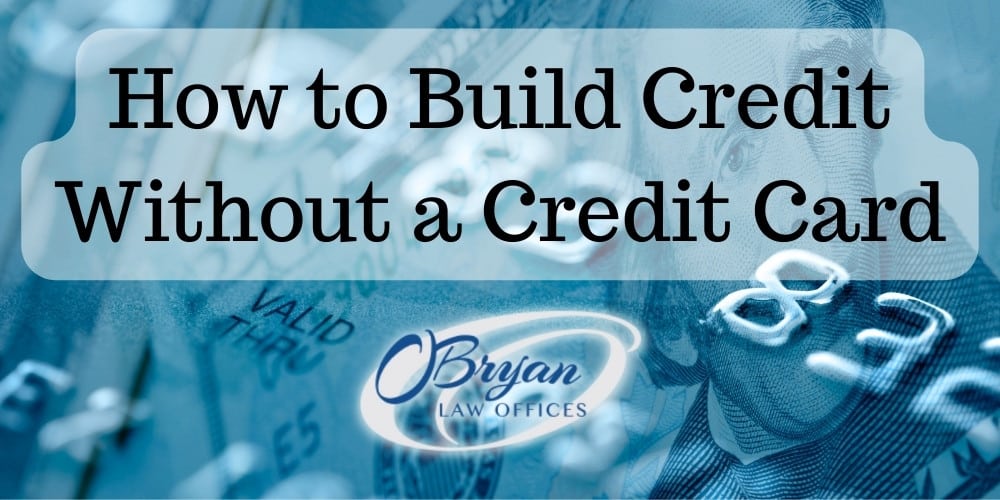It’s common knowledge for many people that credit cards are a good way to improve your credit report over time. However, not everyone automatically qualifies for credit accounts like these. Maybe your credit scores are less than ideal, and you’re looking for a way to improve them. Luckily, there are plenty of options for building credit aside from getting a credit card. In this blog, the Kentucky bankruptcy lawyers at O’Bryan Law Offices outline how to build credit without a credit card.
At O’Bryan Law Offices, we believe in giving consumers the tools they need to get back on stable financial footing. That’s why we offer advice and consultations on how to build credit, what information affects your credit report and credit score, and much more. If you need help clearing a path to financial freedom, we’re here to help. Call O’Bryan Law Offices today at 502-339-0222 to schedule your free consultation.
How Do I Build Credit Without a Credit Card?
It is entirely possible to build credit without a credit card. In fact, the three major credit bureaus and credit reporting agencies take many factors into consideration. Establishing and building your credit score can be just as doable without the use of a credit card if you don’t qualify for one. This is because credit card companies aren’t the only entities that report your payment history and credit utilization to the credit bureaus.
Lenders, creditors, and credit card issuers all report to the credit bureaus, which then use those reports in order to establish your credit score. You can request a copy of your credit report in order to see what information was included to calculate your score. Although not all lenders and creditors regularly report to the credit bureaus, most of them report the following information.
- On-time payments
- Late payments
- Missing payments
- Your credit limit
- Terms of your loan or credit card
- Certain types of purchases
- Any balances you owe
- Close accounts at a bank or credit union
- Charge-offs
- Tax liens
The first step in building credit is understanding what impacts your credit score, as well as how strong the impact is. Read on to learn more about how to interpret your credit report.
How to Build Credit
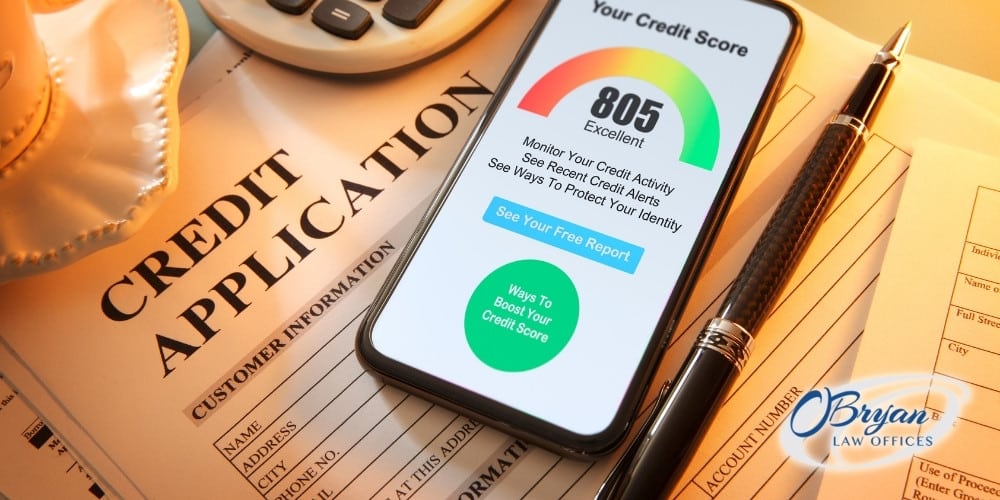
Many people don’t know the individual factors that influence their credit scores. Some understand these factors, but they don’t know how much weight each one carries. Five main factors contribute to your credit score: payment history, how much money you owe, length of your credit history, credit mix, and new credit. Below, we outline these factors and explain how they impact your credit score, based on the FICO Scoring model.
- Payment history: This accounts for 35% of your credit score. It basically tells the credit bureaus if you make on-time payments, if you miss payments, how often you miss them, how far past the due date you pay bills, and whether or not you have missed payments recently. In most cases, lenders don’t report late payments until 30 days after the due date. Having a positive payment history shows lenders and credit bureaus that you’re not a high-risk borrower. Even one missed payment can impact your score, so do everything you can to avoid this.
- The amount owed: This accounts for 30% of your credit profile. It includes the full amount that you owe to credit history lenders across all of your accounts. Keeping small balances and making on-time monthly payments can gradually raise your score.
- Length of credit history: This accounts for 15% of your credit rating. Making on-time payments for a long time will help boost your score. Consider leaving older accounts open to deepen your credit history.
- Credit mix: This accounts for 10% of your credit score. It’s important to have more than one type of credit account. The three credit bureaus look positively on having a good mix of credit types.
- New credit: Opening new lines of credit can be a good idea to boost your credit score, but opening several new accounts close together can drop your score. This can signal potential financial problems.
Prioritizing these five factors is a must when it comes to building a good credit score. If you don’t know where to begin, try starting with the above factors. Keep in mind, however, that each credit bureau has its own method for calculating your credit score.
Ways to Build Credit Without a Credit Card
Even though credit cards are one of the most popular ways in America to build credit, not everyone qualifies for a credit card. Additionally, many people dislike the high interest rates that a credit card issuer may have. Regardless, it’s still important to understand how else you can improve your credit score if not with a credit card. Below, we outline several different strategies to help you establish positive credit history and improve your credit reports.
Get a Secured Loan or Credit Builder Loan
Without a good credit score or a lengthy credit history, you may have a hard time qualifying for a personal loan. However, credit builder loans are still a viable option. A credit builder loan intends to do as the name suggests – help you build your credit score. They vary from typical loans in that, once you’re approved, you don’t have access to that money right away. Instead, it acts as an installment loan on which you’ll make monthly payments. When you fully pay off the loan, you’ll get the proceeds.
Pay Your Bills on Time
Making timely payments is a must. This one factor makes up 35% of your FICO score, which means it carries the most weight. Making timely payments also helps you avoid late fees and APR increases. Not to mention that it shows personal finance consistency.
Rent Payments
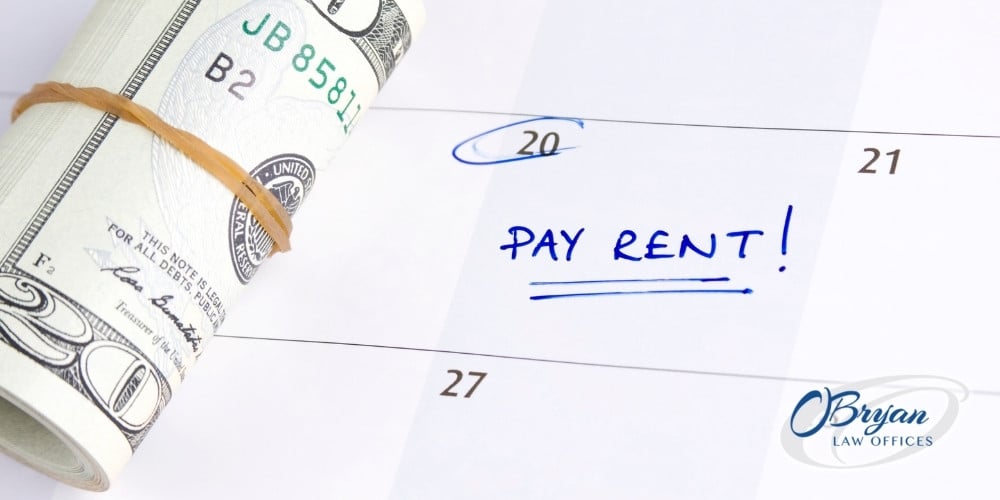
Even if your landlord doesn’t report payments to the credit bureaus, timely rent and utility payments show financial stability. Do your best to make all rent payments on time to avoid seeing a drop in your score.
Utility Bills
The same concept of paying your rent on time applies to timely phone and utility payments. Consistent payments signal a consistent financial situation for the credit bureaus, which then results in a higher score. If your phone and utility providers aren’t reporting your payments, you can ask them to start.
Get a Secured Credit Card
An unsecured credit card is one that requires no collateral. In other words, your terms and your credit limit will depend on your credit score, your card application, and a number of other factors. An unsecured card is generally more difficult to acquire, as it is considered riskier than a secured credit card.
A secured credit card operates a little differently. You’ll have to put down a cash deposit in order to secure that line of credit each month. This makes the process less risky for banks and card issuers, as they’ll already have the money if you miss a payment. If you want your own credit card, consider starting with a secured card in order to establish credit for yourself.
Pay Off an Existing Loan
If you have any existing loans, try paying them off. Avoid late payments and do your best to avoid defaulting on the loan. If you’re already making consistent payments on your loans, keep it up! You’re already making a positive impact on your credit score.
Federal Student Loans
Gradually paying off a student loan is another valid option for students looking to build their credit. Taking out a federal student loan is often a more attainable option, as their requirements are a bit lower than private loans.
Car Loans
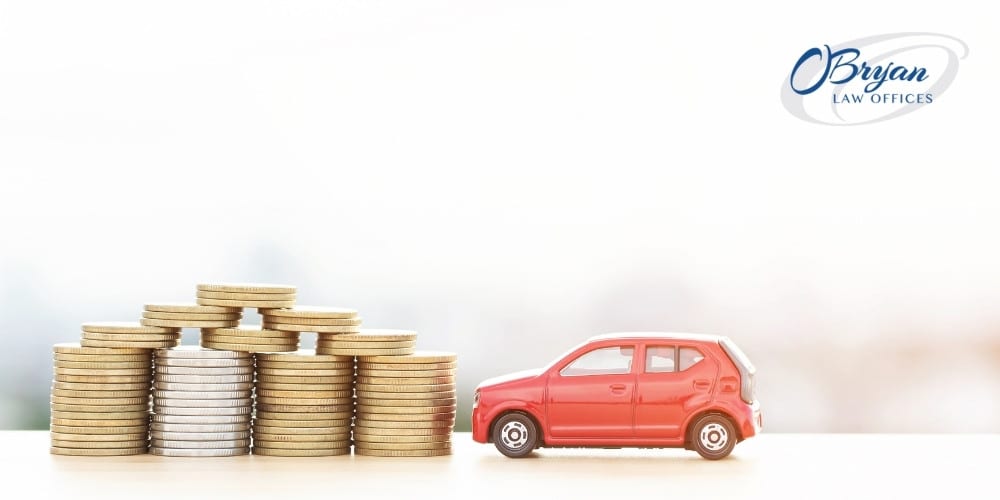
A car loan is another great way to build your credit. You could pay cash for a vehicle and avoid the monthly payments, but this takes away the benefit of improving your credit score. Look for auto loans with a low APR, make timely payments, and see your score climb over time.
Personal Loans
Borrowing money in the form of a personal loan is another valid option. You can borrow a fixed amount of money and make fixed monthly payments. However, keep in mind that you may face higher interest rates with a lower score. You can have someone co-sign your loan to negotiate a lower interest rate.
P2P Loans
Peer-to-peer (P2P) loans are useful credit-building tools. Rather than taking out a loan from banks or credit unions, you can take out loans from investors. The interest that accrues goes straight back to the investors. If you have a lower credit score, you may have an easier time securing a P2P loan than a loan from a bank. Make sure they report your timely payments to the credit bureaus.
Mortgage Payments
Without a fairly established credit history, it can be difficult to get a mortgage. If you plan to simply build credit, we recommend trying other methods first. However, if you’re ready to be a homeowner, there are a few less risky mortgage lending options. Examples include FHA mortgage loans and loans from credit unions.
Become an Authorized User on Another Card
This is a very smart and easy way to start building your credit. In fact, many parents allow their children to become authorized users on their cards, even if they never let their children use the card. This lets the child benefit from their parents’ on-time payments without having to make them personally. However, if you want to become an authorized user on another person’s card, make sure that they are paying bills regularly. Any negative activity on their part will affect you as an authorized user.
Maintain a Good Credit Utilization Ratio
Most people and institutions recommend keeping your credit utilization below 30% each month. Let’s say you have a credit card with a $10,000 limit. In order to stay below a 30% credit utilization, you’ll need to put no more than $3,000 on your credit card. The ideal is to use less than 10%, but 30% is a more reasonable goal for many people. Just remember that a higher credit utilization will result in a slower build of your credit score.
Report Any Alternate Payments
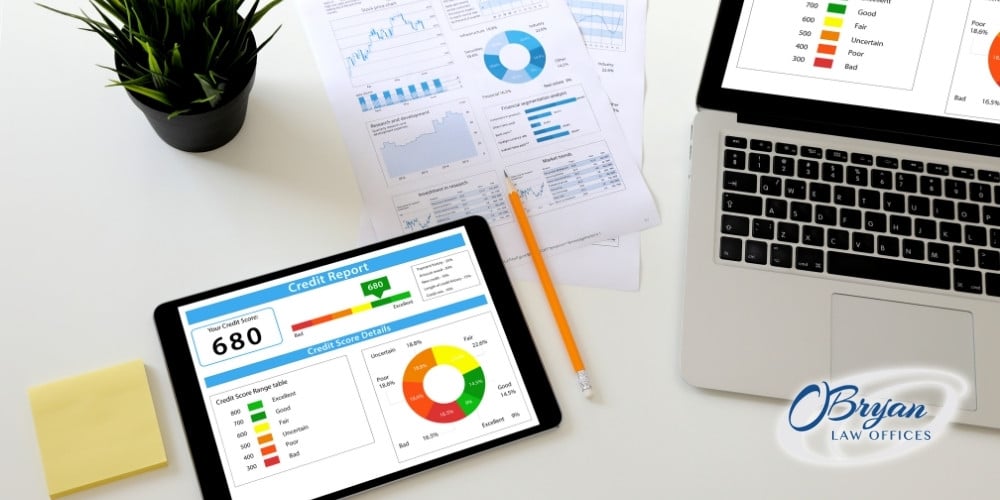
If you make regular payments on anything other than major loans (auto loans, student loans, etc.), you can ask your creditors to report these payments to the credit bureaus. This can help build your score through alternative payment methods and data.
Build Your Credit History
As we mentioned earlier, credit history is another way that lenders and creditors can catch a glimpse of your reputation as a borrower based on your credit history. When they look at your history, what will they see? If you borrowed money, did you pay it back on time? Are you in the beginning stages of building your credit, or have you been at this for a long time? These are all questions that creditors will think about when looking at your credit history.
Need Help Building Your Credit? Call O’Bryan Law Offices Today
At O’Bryan Law Offices, we understand how overwhelming it can feel to build credit and get control of your finances on your own. That’s why our Chapter 7 and Chapter 13 lawyers are here to give you the tools you need to take charge of your finances. To schedule your free consultation with us, please call our Louisville bankruptcy lawyers at 502-339-0222 today.


